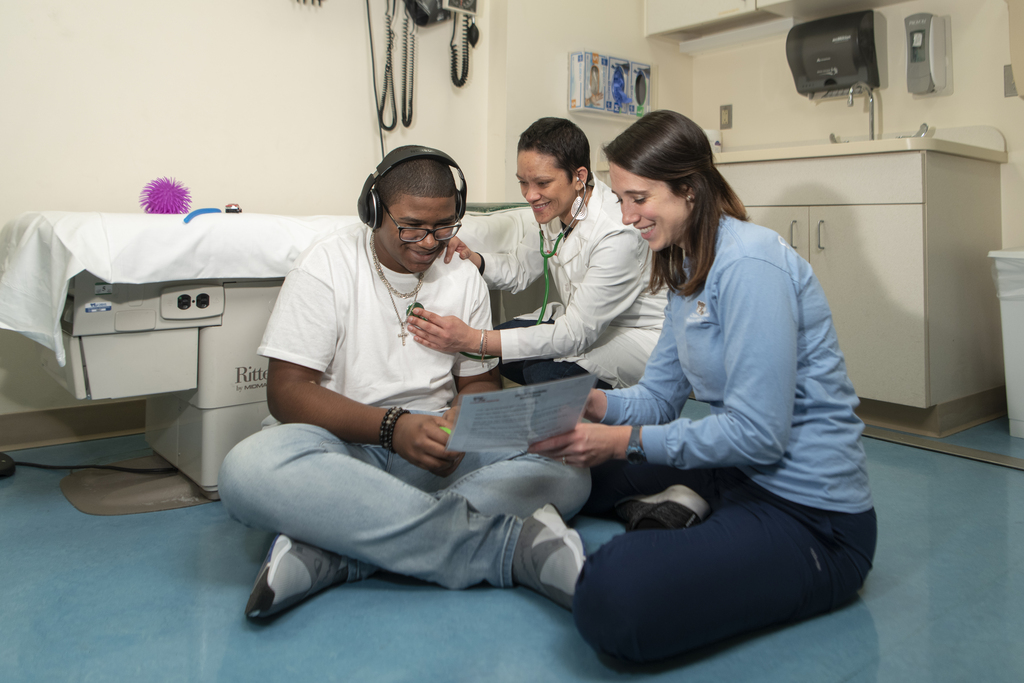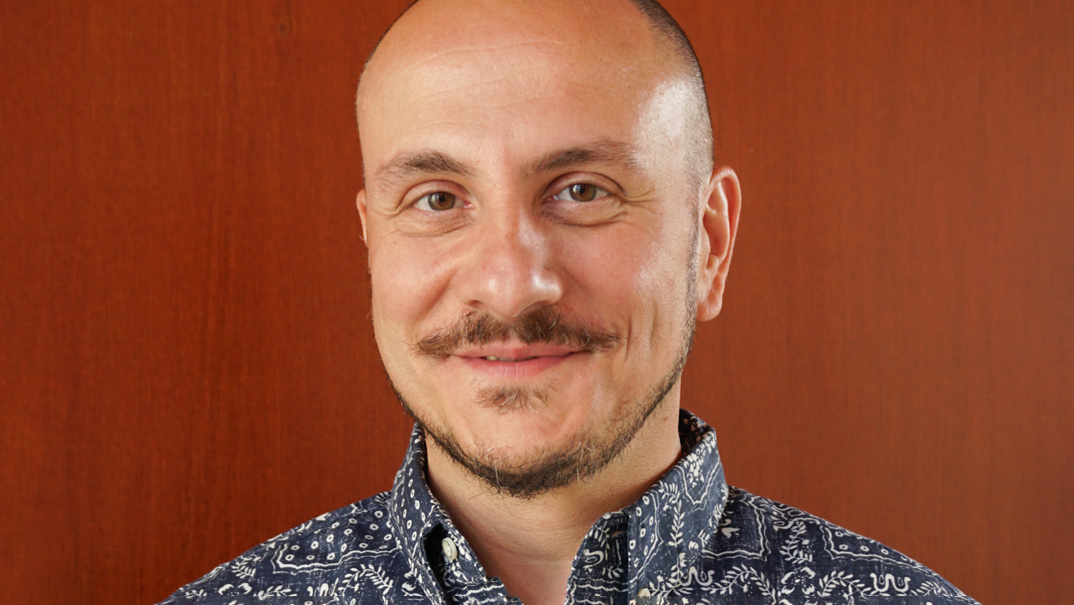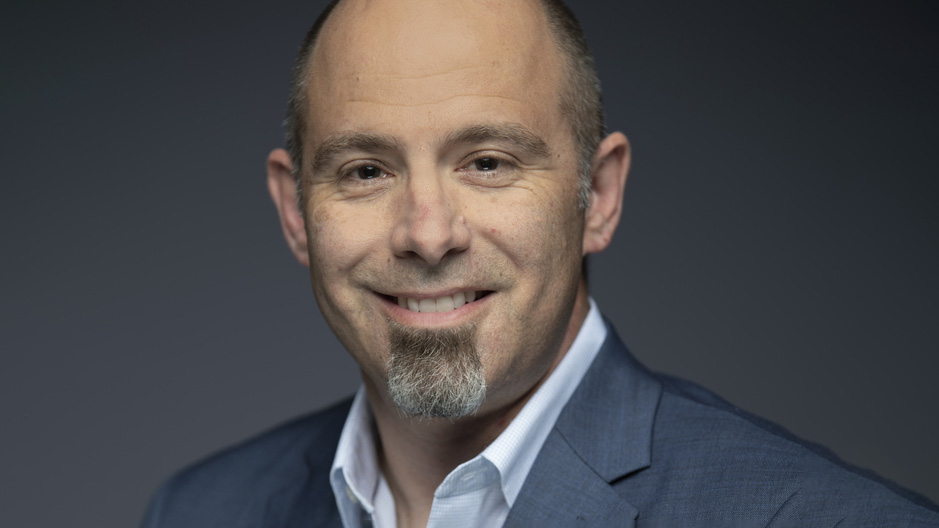CHILDREN'S NATIONAL RESEARCH INSTITUTE ACADEMIC ANNUAL REPORT 2021

Spotlight
Writing the next chapter for the DC Intellectual and Developmental Disabilities Research Center (DC-IDDRC)
One in six children suffers from a chronic, complex neurodevelopmental disability -- conditions such as intellectual disability, learning disability, attention deficit hyperactivity disorder, autism spectrum disorder, cerebral palsy and Down syndrome. For 20 years, the DC Intellectual and Developmental Disabilities Research Center (DC-IDDRC) has been a home for researchers from different specialties and different institutions to discover new therapies and treatments for children with these types of neurodevelopmental disabilities.
Collaborations lead to discoveries. And discoveries lead to better treatments and therapies." – Vittorio Gallo, Ph.D.
The DC-IDDRC, led by Children’s National Hospital in partnership with George Washington University, Howard University and Georgetown University, is one of only 14 centers in the United States funded by the Eunice Kennedy Shriver National Institute of Child Health and Human Development (NICHD). The program, which is also one of the longest standing within the NICHD, supports researchers whose goals are to advance understanding of a variety of conditions and topics related to intellectual and developmental disabilities. In 2021, the long-standing partnership received additional NIH funding to continue this work for another five years.
“Children’s National, along with its sister institution the Hospital for Sick Children, cares for one of the largest cohorts of children with developmental disabilities in the U.S.—which uniquely positions us to lead the way in both care and research of developmental disabilities in young children,” said Vittorio Gallo, Ph.D., Interim Chief Academic Officer and Interim Director of Children’s National Research Institute and principal investigator for the DC-IDDRC.
At a glance: Research within DC-IDDRC
Autism: Using neuroimaging and genomics to understand brain development and develop behavioral interventions to enhance executive function.
Cerebral palsy: Developing a novel pre-clinical therapeutic intervention with promising results after exposure to an enriched environment after injury.
Congenital heart disease: Investigating the consequences of congenital heart disease on brain development and cognitive function.
Congenital Zika virus: Identifying school-aged neurodevelopmental abnormalities in children exposed to Zika before birth/in utero.
Down syndrome: Making new discoveries in how changes in neural precursors within the human brain and in pre-clinical models lead to developmental disorders.
Fetal brain abnormalities: Developing innovative, non-invasive MRI techniques to identify unborn babies at risk for impaired brain development so that proper interventions and planning can take place. (With the Developing Brain Research Laboratory)
Fetal alcohol syndrome: Discovering how single-cell epigenetic changes can serve as signposts or biomarkers to predict cognitive and learning deficits before symptoms develop.
Neurofibromatosis: Developing novel therapeutic strategies to diseases of the nervous systems. (With the Gilbert Family Neurofibromatosis Institute)
Neural tube defects: Using advanced imaging approaches to increase understanding of abnormalities associated with genetic defects and the progression of related disorders.
Angelman syndrome: Seeking to understand how loss of one specific protein disrupts neural circuits and affects behavior.
Urea cycle disorders: Conducting a natural history study of over 800 individuals to study cognitive outcomes and innovative therapies and to analyze genomes.
With 50 faculty-level investigators and more than 70 funded research projects, the DC-IDDRC attracts talented researchers by fostering co-recruitment across institutions and encouraging multidisciplinary collaborations. The team actively shares information by offering joint educational opportunities and hosting more than 50 lectures and seminars annually.
Looking forward: The next five years
The DC-IDDRC continues to work toward translating research findings into novel approaches and personalized treatments for people with developmental disabilities and their caregivers. This work will be amplified when the DC-IDDRC moves into the expanded facility at the Children’s National Research and Innovation Campus, which houses startup incubator programs and other support for device innovation. Some devices under development include:
- A device to assist in physical therapy that can be used to measure outcomes for medical interventions in cerebral palsy.
- An at-home monitoring device to track ammonia levels for participants in a natural history study of urea cycle disorders.
- A cell phone app screening for genetic disorders in newborns.
The critical work of the DC-IDDRC must also be sustained through the inclusion, development and mentorship of diverse junior researchers with a passion for developmental disabilities, Dr. Gallo pointed out. To that end, the team has launched a new training program for post-doctoral fellows with funding from the National Institute of Neurological Disorders and Stroke, which aims to prepare the next generation of neurodevelopmental investigators. Over the next five years, the team will mentor 20 trainees, leveraging the expertise and core services of the DC-IDDRC.
“We are establishing a continuum of lab-based translational and clinical research programs while mentoring a variety of researchers and junior investigators with different backgrounds,” Dr. Gallo said. “The goal is to build a highly synergistic program that promotes and supports trainee careers. Those trainees then join the cadre of researchers who advocate for and support further research in neurodevelopmental disabilities.”
The robust relationships and spirit of cooperation built over two decades of collaboration have laid a strong groundwork for the establishment of the expansive post-doctoral training program and continuous growth of the research programs within the DC-IDDRC. Dr. Gallo continues his efforts in expanding access to these programs and building a sustainable pipeline of young scholars from diverse backgrounds. The partnership between Children’s National and Howard University continues to play a crucial role in these goals.
“Collaborations lead to discoveries,” Dr. Gallo summarized. “And discoveries lead to better treatments and therapies. We know that our efforts to increase our understanding of these complex and challenging diseases by continuing to work together will be a key strategy to help children grow up stronger.”

